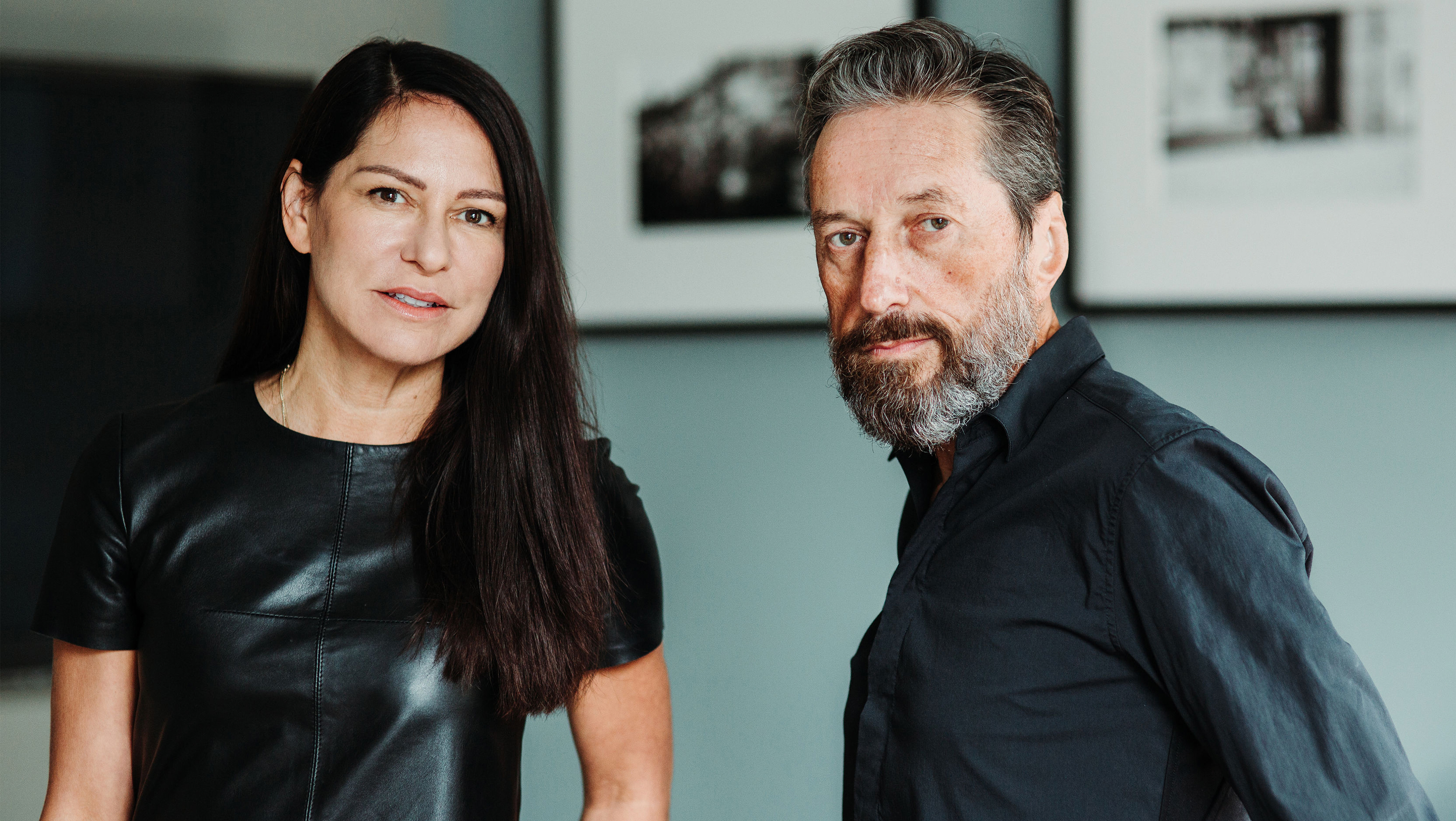Emmys ’21: Hitting the right note for How it Feels to Be Free

Yap Films producers discuss the Emmy campaign for the documentary film about icons such as Lena Horne, Cicely Tyson and Nina Simone, who paved the way for Black women in the U.S.
The Emmy race is on as Canadian creatives and producers vie for Academy votes for the 73rd Primetime Emmy Awards.
Yap Films’ Elizabeth Trojian and Elliott Halpern (pictured) were among the executive producers nominated for Outstanding Documentary or Nonfiction Series for How it Feels to Be Free, which was produced by the Toronto-based prodco for PBS’ American Masters series and documentary Channel in Canada.
The made-for-TV documentary, directed by U.S. filmmaker Yoruba Richen, uses interviews and archival footage to look at how six iconic Black women – Abbey Lincoln, Cicely Tyson, Diahann Carroll, Lena Horne, Nina Simone and Pam Grier – became pioneers of the entertainment industry and challenged notions of racism. Executive producers include singer Alicia Keys, who also appears in interviews on the doc, and filmmaking duo Lacey Swartz-Delgado and Mehret Mandefro.
Playback spoke with Trojian and Halpern about their experience producing How it Feels to Be Free and their awards campaign.
How did you become involved with How it Feels to Be Free? What attracted you to the project?
Elizabeth Trojian: I met two of the executive producers [Swartz-Delgado and Mandefro] at the American Film Showcase back in 2017. We hit it off and wanted to find a project to work together on. We started discussing How it Feels to be Free, a film they wanted to develop with director Yoruba Richen. After reading the book and talking with our co-creators, I knew this was a critical and timely film to produce.
What were some memorable or unexpected moments that came with producing this documentary?
Trojian: The most memorable moment for me was having Yoruba fly up to Canada to edit the film here at Yap Films. We worked hard with our immigration lawyers to convince the Canadian Border Service that it was essential to bring our American director up to Canada in the middle of the pandemic. Yoruba was really brave and she quarantined for two weeks here in an Airbnb, with me being her point person bringing food and supplies.
One day I stopped by to drop off things, and Yoruba had taken down a giant framed poster to make the living room wall into her storyboard for cue cards. The whole film was up on the wall on colour-coded cards.
What can you share about your campaign strategy?
Elliott Halpern: Our team is small but mighty, and we’re working very collaboratively with the folks at PBS and American Masters, Yoruba, and our fellow EPs [Schwartz-Delgado, Mandefro and Keys] on getting the word out. We’re taking an omni-channel approach, using social media, contacting influencers and media house decision-makers with our message, highlighting the amazingly talented African American women who made this film and the need to amplify the voices of African American talent behind and in front of the camera.
As a Canadian producer, what are some unique challenges when it comes to campaigning for a major U.S. awards show like the Emmy Awards?
Halpern: The campaign isn’t just for the Emmy win but also to raise the profile of African American filmmakers. It has been challenging to get prominent American publications and programs to carry our story from Canada, especially within the tight time constraints of the campaign season. We’re also going up against some big establishment names with massive PR and marketing engines, but we’re doing our best, and forums like Playback make a difference to us.
Anything else about your production experience on the project you’d like to share?
Trojian: This film is an excellent example of collaboration and passion overcoming some serious challenges. We had to do a lot of remote shooting because of COVID, along with finding and clearing a ton of archive footage when most archive houses were closed. It was also a big balancing act having to build a budget with several different funds, two broadcasters, and a distributor. Despite these challenges, hands down the best part was working with the incredibly talented executive producers and the amazing Yoruba Richen.

 The definitive CDN broadcast and production resource.
The definitive CDN broadcast and production resource.










